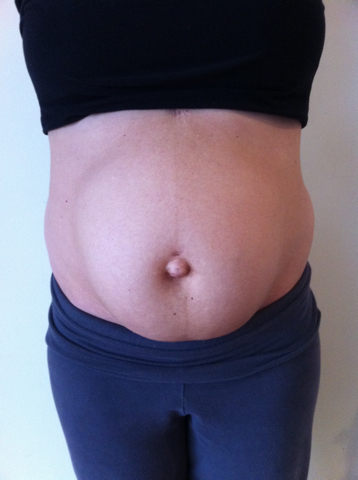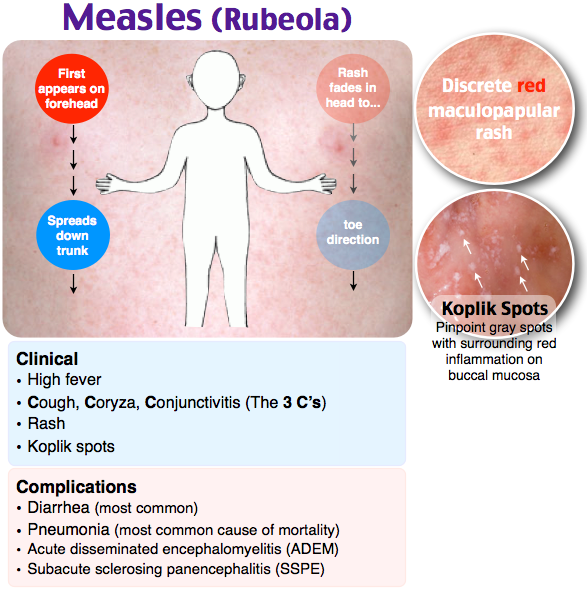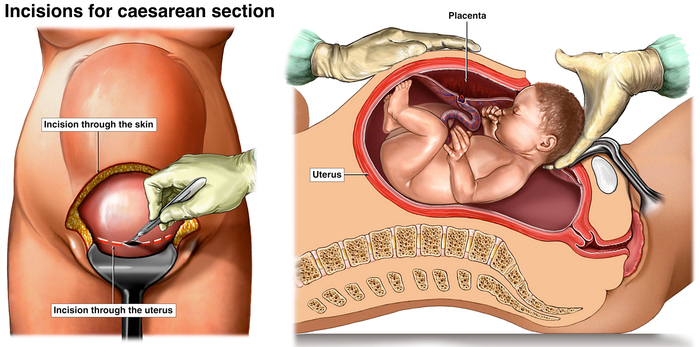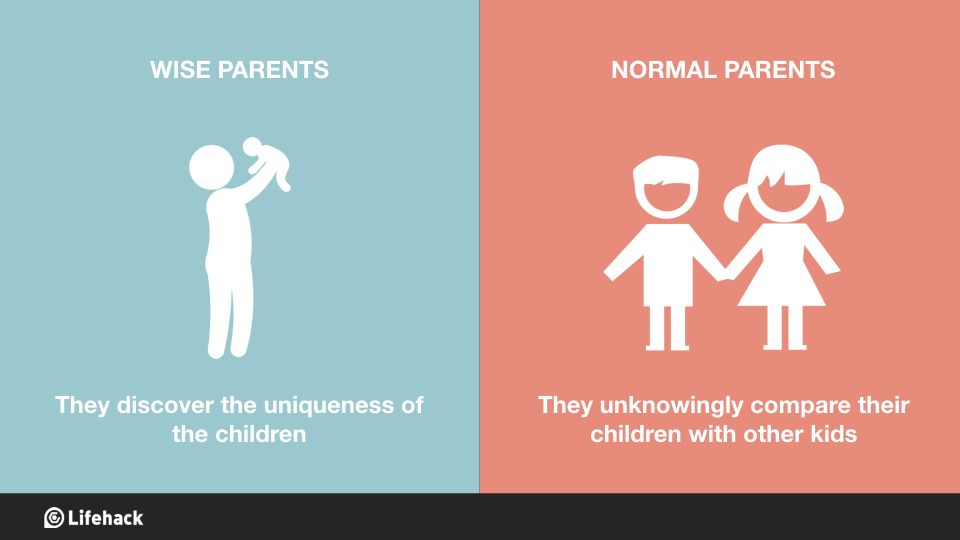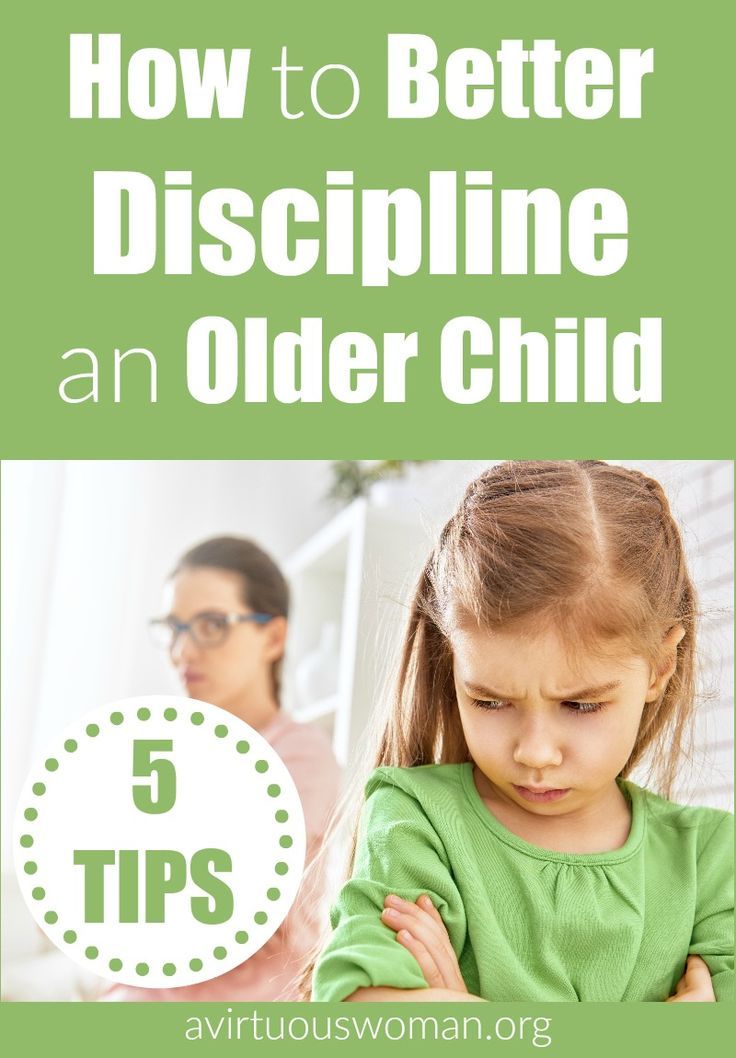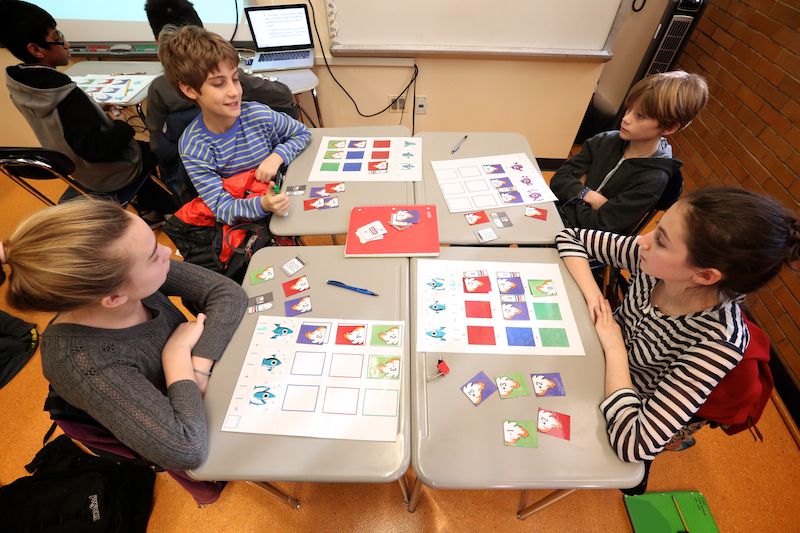How to anoint your child
5 Powerful Prayers to Pray Over Your Kids – from Head to Toe – FaithGateway Store
by traci little Family
Prayer is the most powerful tool we have as a child of God. You and I may wholeheartedly believe that, but until we realize its importance, we won’t take it out of our toolbox. Imagine for a moment trying to saw down a tree with a hammer. Perhaps you decide to measure a wall with a wrench. Or maybe you decide it’s a clever idea to hammer a hole in the wall with a saw? All these sounds absurd, right? Then why do we try to parent without prayer? Prayer is the most important parenting tool in our toolbox!
I’m a very visual learner and seem to best apply the truths of scripture and life that way. So here are 5 prayers from the top of your child’s head all the way down to his or her toes.
MIND
Father, give my child pure thoughts. More specifically, as Your Word exhorts in Philippians 4:8-9, pursue their minds to think on what is true, honorable, just, pure, lovely, commendable, excellent, and praise worthy! Help them to practice these things daily so that Your perfect peace will control them.
WORDS
Lord, there is so much hurt in this world, and so much of it begins with our words! What we say to others has the power to give life or kill! May my child understand the value of hope-filled words! May they be kinder to those around them, especially the ones that are outcasts and forgotten. May You give them words of compassion to speak to others. May they know what great power that words have! Right now, I pray Proverbs 12:18 over my child which says, “There is one whose rash words are like sword thrusts, but the tongue of the wise brings healing.” May my child’s tongue’s wise words bring healing. Refrain their lips from speaking rash and hurtful words towards others!
HEART
Dear God, I pray that my child’s heart will be softened towards the Gospel. There is nothing that saves but Jesus! You call Your children to Yourself by Your love. May Your love draw them even today! May they have a heart of compassion for lost souls. John 14:6 says that Jesus is the way, and the truth, and the life. No one comes to the Father except through Jesus. You love my child even more than I do, and I thank You for that!
John 14:6 says that Jesus is the way, and the truth, and the life. No one comes to the Father except through Jesus. You love my child even more than I do, and I thank You for that!
GUT
Heavenly Father, give my child a discerning spirit! May they know in their gut if something is right or wrong. Many things in this life are permissible, but not all things are necessary. Give them convictions to stand strong in their peer groups. May they be leaders, and not followers. Give them such a keen sense of what will benefit their life and not hinder it! Proverbs 3:21 talks about not losing sight of wisdom and having discretion. I pray that for my child right now!
FEET
Father, may my child’s feet bring Your truth to the world they live in. May their feet go to the needy, go to the orphan, and go to the neglected. May they seek to give, and not receive. I ask that You show them the blessing of serving others. I ask right now that You give them mission-minded hearts in their community! Help them to know that they are never too young to use their feet to go places to serve You! 1 Timothy 4:12 says, “Let no one despise you for your youth, but set the believers an example in speech, in conduct, in love, in faith, in purity.” May You use my child today for Your glory, and not their own. Help me to be prepared to hold them with loose hands however You may choose to lead them, even if it is across the nations one day on the mission field. They are Yours, Lord!
I ask right now that You give them mission-minded hearts in their community! Help them to know that they are never too young to use their feet to go places to serve You! 1 Timothy 4:12 says, “Let no one despise you for your youth, but set the believers an example in speech, in conduct, in love, in faith, in purity.” May You use my child today for Your glory, and not their own. Help me to be prepared to hold them with loose hands however You may choose to lead them, even if it is across the nations one day on the mission field. They are Yours, Lord!
Petitioning our Heavenly Father on behalf of our children takes discipline and dedication. We must constantly lay our own hopes and dreams for our children on the altar. Ask the Lord to make His plan and purposes for our children known to us. Even when we don’t know His exact Will, if our will is surrendered to God’s, He will bless our faithful petitions on their behalf. Sometimes our prayers won’t seem to match with God’s answers.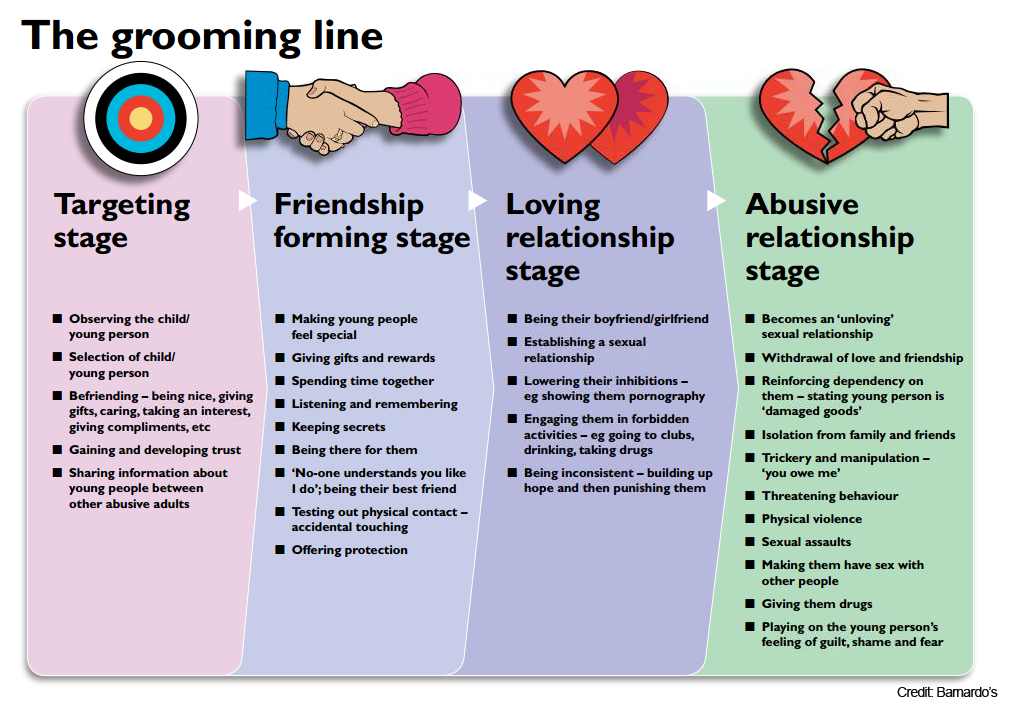 I Prayed for You is a wonderful picture book that illustrates the love of a parent! It’s a story about a Mama Bear and her Baby Bear. Every day she prays for her baby. Even before she had a little one, she prayed! This heartwarming story illustrates how a parent never stops covering her child in prayer. May we do the same!
I Prayed for You is a wonderful picture book that illustrates the love of a parent! It’s a story about a Mama Bear and her Baby Bear. Every day she prays for her baby. Even before she had a little one, she prayed! This heartwarming story illustrates how a parent never stops covering her child in prayer. May we do the same!
***
Your Turn
How do you pray for your children? Do you find it powerful to pray for them from head-to-toe? We’d love to hear your thoughts in the comments!
About the Author: Traci Little
Traci is a curly-headed dreamer who loves her Savior, adores her best friend called Hubby, and her three children! She never knew how much she would love being at home full time with her kids, but she does (most days)! What a privilege and high calling! She loves to blog, take pictures, cook, decorate cakes, and make her home cozy and inviting! She also enjoys teaching women God’s Word through Bible studies at church and online devotions. It is her desire to glorify God through encouraging and edifying other women. It is her heart’s cry to motivate women to abide in Christ, respect their spouse, and raise their little ones to know the love of Jesus. God’s grace captivates her in such a way that she wants her life to make a difference for His glory.
It is her desire to glorify God through encouraging and edifying other women. It is her heart’s cry to motivate women to abide in Christ, respect their spouse, and raise their little ones to know the love of Jesus. God’s grace captivates her in such a way that she wants her life to make a difference for His glory.
Website URL: http://www.ordinaryinspirations.blogspot.com
The Blessing: How to Bless Your Child
The Blessing: How to Bless Your Child - Focus on the FamilySearch
SHARE:
Using the brief overview of the five key elements of the blessing, you can create life-changing moments for your family.
Have you ever given a blessing? Have you ever been blessed?
And no, this doesn’t refer to a “blessing” for dinner.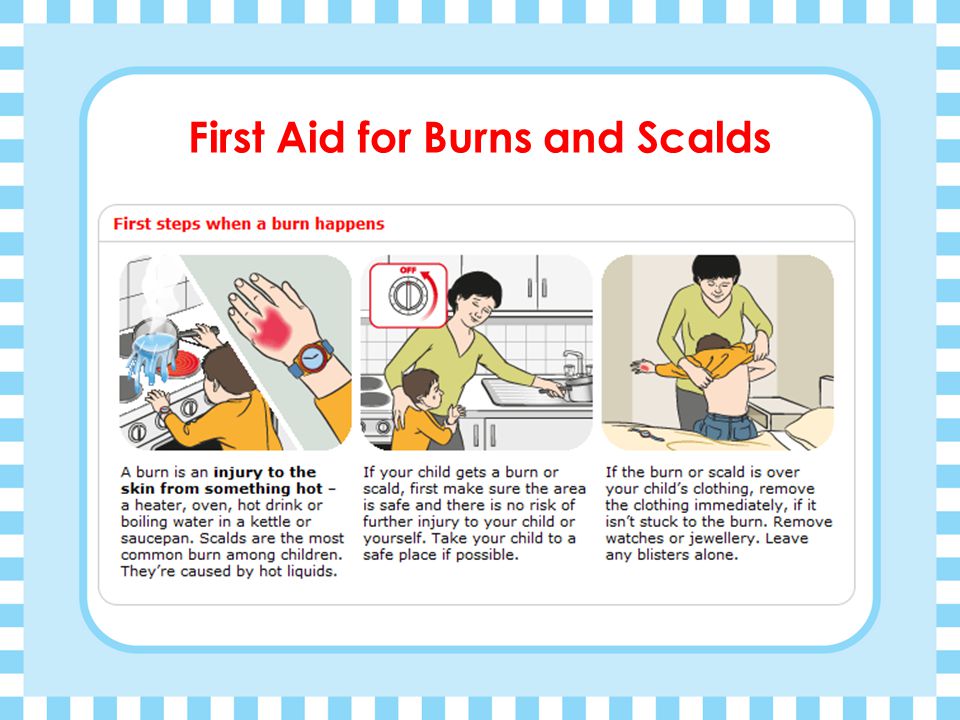
This type of blessing comes directly from God and His design for humanity. Blessings can encompass elements of love, spoken affirmation, and unique encouragement from a parent to their children.
Perhaps you’ve heard of it within the Old Testament or other parts of the Bible. And, you might be thinking to yourself….That seems outdated or like something that doesn’t matter for me anymore.
If you have, you’re not alone. While blessings contain roots in ancient history, they still serve a very purposeful role in our world and even in your life.
But what does it mean to give a blessing? What actions and attitudes combine to make this biblical tool so uniquely effective?
Where Does “The Blessing” Come From?
In modern times, a father’s blessing echoes the original blessing from God the Father to humanity. God intends for this to mirror one of His first blessings to Father of Israel: Abraham.
“And I will make of you a great nation, and I will bless you and make your name great, so that you will be a blessing.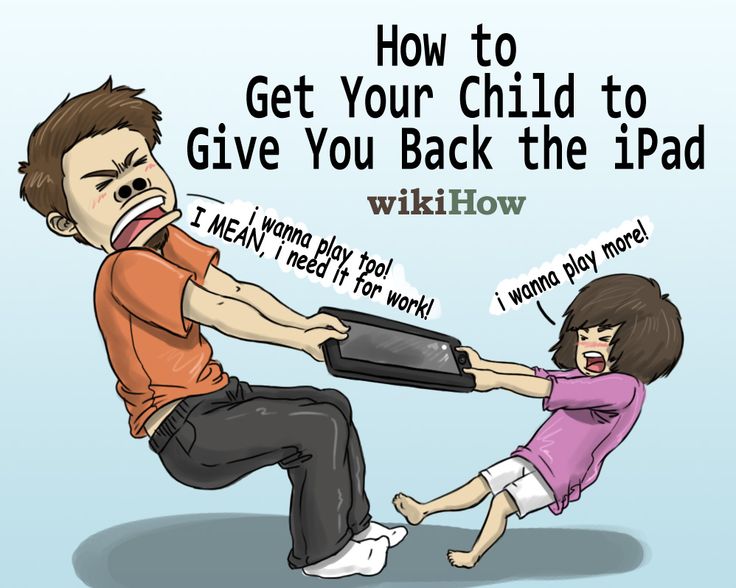 I will bless those who bless you and him who dishonors you I will curse, and in you all the families of the earth shall be blessed” (Genesis 12:2-3 ESV).
I will bless those who bless you and him who dishonors you I will curse, and in you all the families of the earth shall be blessed” (Genesis 12:2-3 ESV).
But this isn’t the only place within Scripture. Throughout the Old Testament, fathers and sons give and receive blessings that mirror God’s blessing to humanity. In Genesis chapter 27, Jacob and Esau compete for their father Isaac’s blessing. Later in Genesis, Jacob blesses his twelve sons in in unique and powerful ways. And even in the New Testament, Jesus “took [the children] in his arms and blessed them, laying his hands on them.
Key Elements of The Blessing
Throughout Scripture, the blessing always included five key elements:
- Meaningful and Appropriate Touch
- A Spoken Message
- Attaching High Value
- Picturing a Special Future
- An Active Commitment
Each of the elements serves a specific purpose for both the one giving and the one receiving the blessing.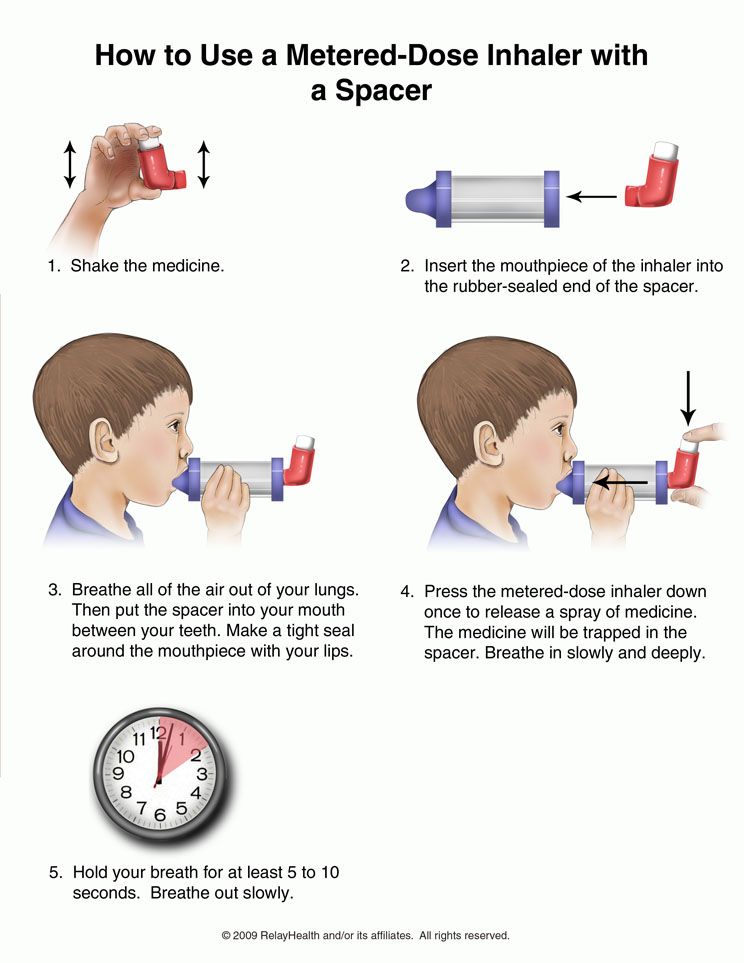 Now, let’s take a closer look at each of these key elements.
Now, let’s take a closer look at each of these key elements.
Meaningful Touch
First, meaningful touch was an essential element in Old Testament homes. We read in Genesis 27:26 that Isaac said, “Come near now and kiss me, my son.” This incident was not isolated. Within Scripture, blessings contain meaningful touch and a caring background from parent to child.
Meaningful touch has many beneficial effects. The act of touch is key in communicating warmth, personal acceptance, affirmation, even physical health. For any person who wishes to bless a child, touch is an integral part.
Blessing Steps for Parents: Meaningful Touch
- Think about how Best to Communicate Meaningful Touch to your Child
- Place your Hands on their Head or Shoulders
- Consider Holding their Hands
- Look them in the Eyes
A Spoken Message
Next, the second element involves a spoken message. Today, words of love and acceptance are seldom received in many homes. Sometimes, parents assume that simply being present communicates the blessing. However, a blessing fulfills its purpose only when it is spoken verbally.
Sometimes, parents assume that simply being present communicates the blessing. However, a blessing fulfills its purpose only when it is spoken verbally.
For a child in search of the blessing, silence communicates confusion. Children who are left to fill in the blanks when it comes to what their parents think about them will often feel insecure. Spoken or written words at least give the child an indication that they are worthy of some attention.
I learned this lesson on the football field.
When I began playing football in high school, one particular coach constantly pointed out my mistakes. After I missed an important block in practice one day, this coach stood one inch from my face mask and chewed me out. When he finally finished, he sent me to the sidelines.
Standing next to me was a third-string player who rarely got into the game. I can saying, “Boy, I wish he would get off my case.”
“Don’t say that,” my teammate replied. “At least he’s talking to you. If he ever stops talking to you, that means he’s given up on you.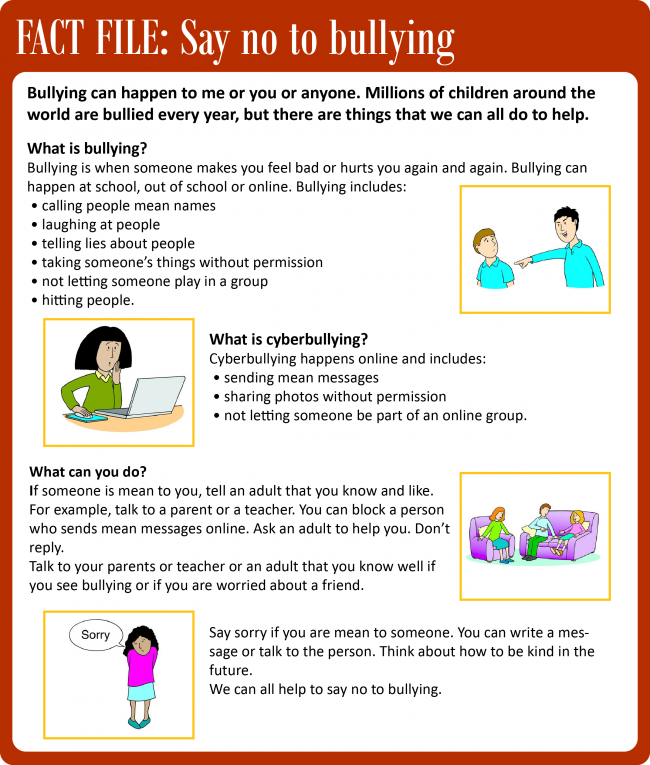 ”
”
Within counseling, we see many adults interpret their parents’ silence in exactly that same way. Their parents may provide basic needs. However, without actual words, there is uncertainty of how much they are valued and accepted.
To see the blessing grow in the life of a child, we need to verbalize our message. Good intentions aside, good words — spoken, written and preferably both — are necessary to communicate genuine acceptance.
Blessing Steps for Parents: Spoken Message
- Use your Own Words
- Write Down the Blessing in a Special Journal or Notebook
- Avoid Silence Before and After you Bless your Child
Navigate family life with grace and love!
Daniel P. Huerta, Focus on the Family's Vice President of Parenting, presents a collection of seven powerful character traits designed to help parents grow and thrive while raising Godly children.
Order Today!
Attaching High Value
Meaningful touch and a spoken (or written) message lead to the next element.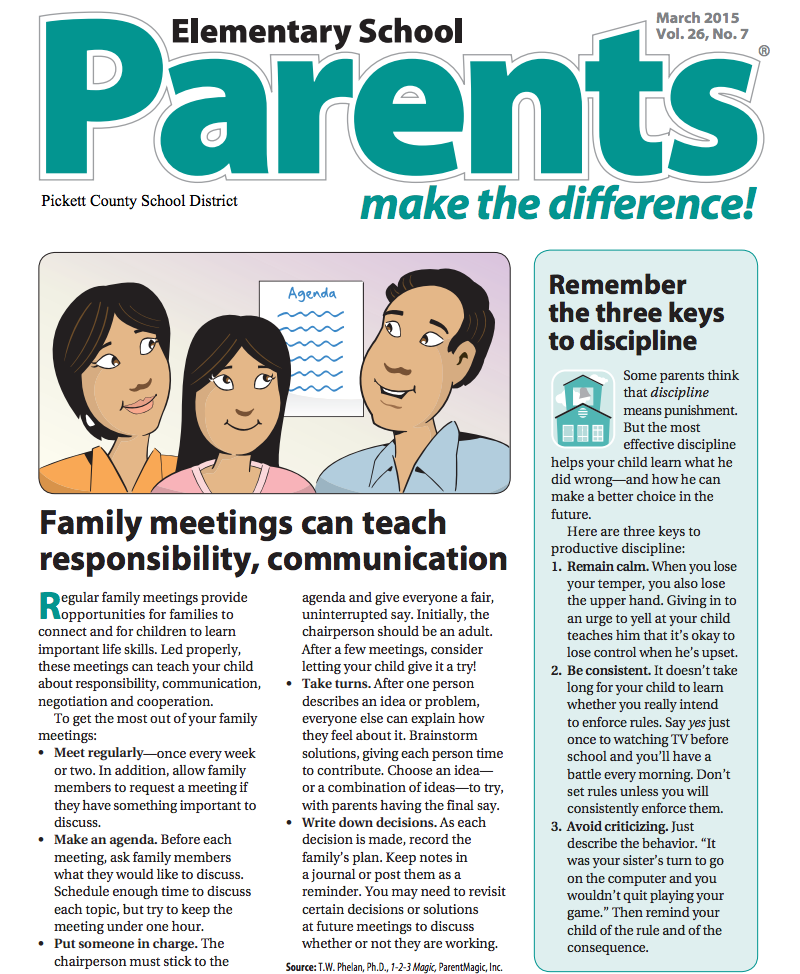 To powerfully convey intentional meaning, the words must attach high value to the person receiving the blessing.
To powerfully convey intentional meaning, the words must attach high value to the person receiving the blessing.
In blessing Jacob (thinking it was Esau), Isaac said, “Surely, the smell of my son is like the smell of a field which the Lord has blessed. … Let peoples serve you, and nations bow down to you” (Gen. 27:27, 29).
That pictures a very valuable person! Not just anybody merits having nations bow down to him! And while we might think that saying someone smelled like a field would be criticizing him, that is not the case. This type of field was one where there was tremendous growth and life and reward. Imagine a record-setting harvest and surplus of food. That’s the picture Isaac gives his son.
As you may have noticed, Isaac uses a word picture (the field) to describe how valuable his son is to him. Word pictures are a powerful way of communicating acceptance. In the Old Testament, they were key to communicating a message of high value to a child.
Blessing Steps for Parents: Attaching High Value
- Communicate your Kid’s Value through a Word Picture
- Think about your Child’s Gifts
- Emphasize their Talents, Characteristics, and Interests
- Affirm their Hopes and Future
Picturing a Special Future
Next, the fourth element involves picturing a special future for the person receiving the blessing.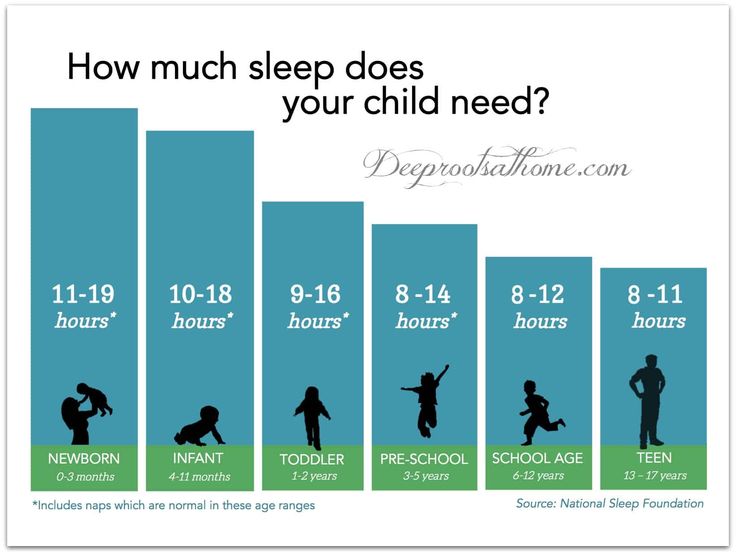 Isaac said to his son Jacob, “May God give you of the dew of heaven, of the fatness of the earth. … Let peoples serve you, and nations bow down to you” (Gen. 27:28–29).
Isaac said to his son Jacob, “May God give you of the dew of heaven, of the fatness of the earth. … Let peoples serve you, and nations bow down to you” (Gen. 27:28–29).
One distinction is necessary between Isaac’s blessing and the act of picturing a special future for a person today. Because of Isaac’s unique position as a patriarch (God’s appointed leader and a father of the nation of Israel), his words to Jacob carried with them the weight of biblical prophecy. We today cannot predict another person’s future with such biblical accuracy. But we can help those see a future that is full of light and opportunity. We can let them know we believe they can build an outstanding life and future with the strengths and abilities God has given them.
Our Lord himself speaks quite eloquently about our future in the Bible. In fact, He assures our present relationship with him and what He has in store for us as His children.
We need to picture just such a special future for our children if we are serious about giving them our blessing.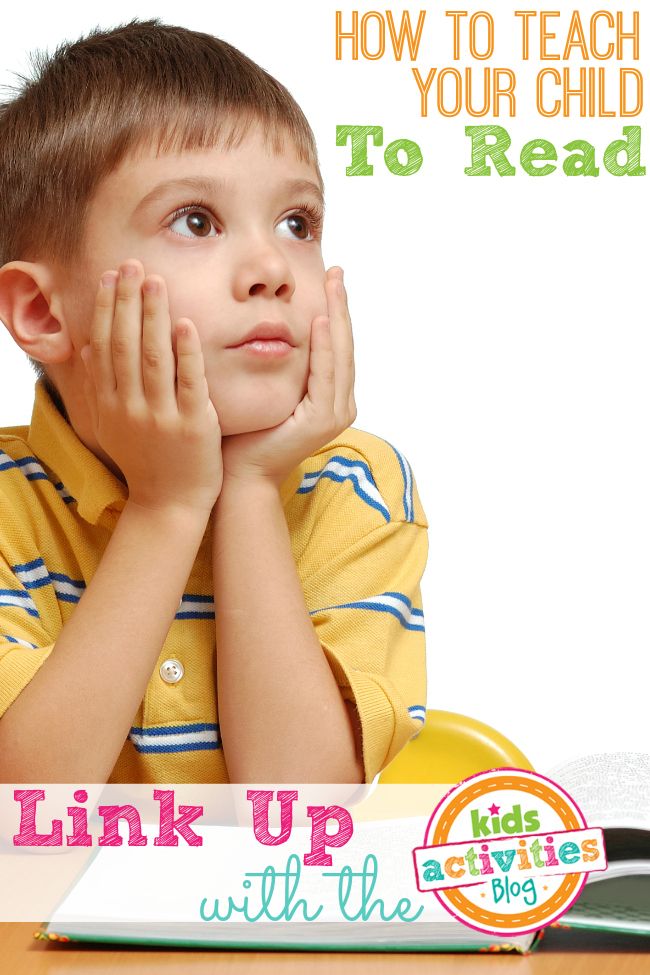 With this element, a child can gain a sense of security in the present and grow in confidence to serve God and others in the future.
With this element, a child can gain a sense of security in the present and grow in confidence to serve God and others in the future.
Blessing Steps for Parents: Special Future
- Provide Security by Reassuring your Child of God’s Plan for their Future
- Show that you Value them both in the Present and the Future
- Be Specific with your Hopes for their Future
An Active Commitment
For the patriarchs, not only their words but God himself stood behind the blessing they bestowed on their children. Several times God spoke directly through the Angel of the Lord to the patriarchs confirming his active commitment to their family line.
Today, parents need to rely on the Lord to give them the strength and staying power to confirm their children’s blessing by expressing a similar active commitment. They, too, have God’s Word through the Scriptures as a guide, plus the power of the indwelling Holy Spirit.
Why is active commitment so important? Words alone cannot communicate the blessing; they need to contain a willingness to do everything possible to help the one blessed be successful.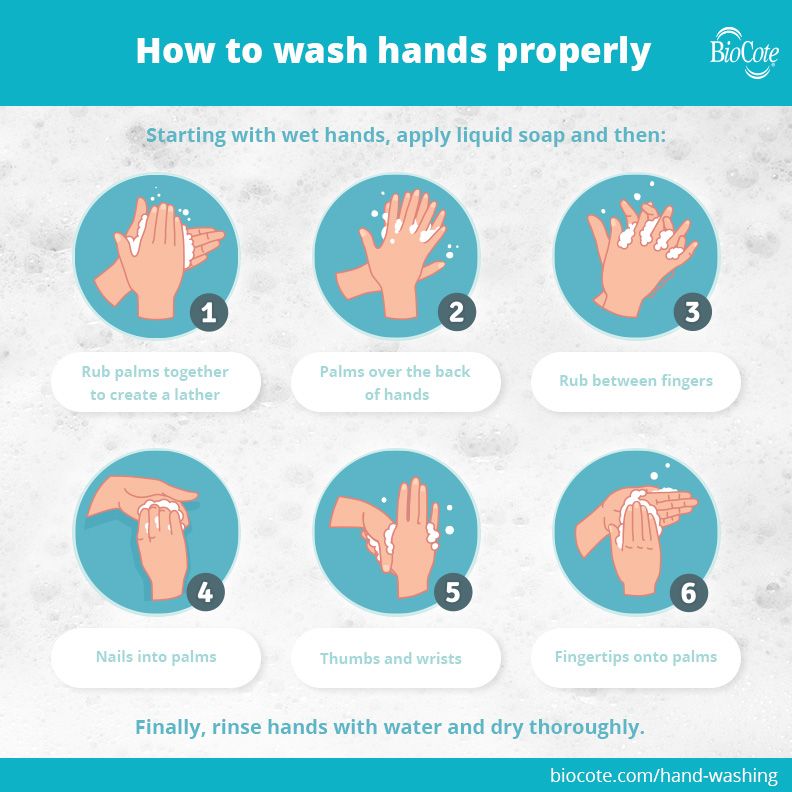 We can tell a child, “You have the talent to be a very good pianist”. But if we neglect to provide a piano for that child to practice on, our lack of commitment has undermined our message.
We can tell a child, “You have the talent to be a very good pianist”. But if we neglect to provide a piano for that child to practice on, our lack of commitment has undermined our message.
When it comes to spending time together or helping develop a certain skill, some children hear, “Wait until the weekend”. Then, it becomes, “Wait until another weekend” so many times that they no longer believe the words of blessing.
Blessing Steps for Parents: Active Commitment
- After you Give the Blessing, Check in with your Child
- Provide Opportunities for your Child to Live Out their Blessing
- Support the Value and Future that you Envision for your Child
- Remind them of How God Loves them and Will Continue to Support them
At Home With the Family Blessing
Within Scripture, the blessing was everything for a child. It is one of the primary vehicles to take God’s love and pass it on to the next generation. Using the brief overview of the five elements of the blessing, you can create life-changing moments for your family.
Using the brief overview of the five elements of the blessing, you can create life-changing moments for your family.
© 2011 John Trent. All rights reserved. Used with permission. Some material adapted from the book The Blessing authored by John Trent and Gary Smalley and published by Thomas Nelson, Inc. Modified for publication in 2021.
Entertainment Reviews Your Family Can Trust
Plugged In shines a light on the world of popular entertainment while giving families the essential tools they need to understand, navigate, and impact the culture in which they live. Let us help your family make wise and informed choices about movies, TV shows, music, video games, and more!
Visit PluggedIn.com
Talk to a Counselor
If you need further guidance and encouragement, Focus on the Family has a staff of licensed, professional counselors who offer a one-time complimentary consultation from a Christian perspective. They can also refer you to counselors in your area for ongoing assistance.
They can also refer you to counselors in your area for ongoing assistance.
Reach a Focus on the Family counselor toll-free at 1-855-771-HELP (4357).
Call Now
Understand How to Respect and Love Your Son Well
"Why doesn’t my son listen to me?" Have you ever asked yourself that? The truth is, how you view your son and talk to him has a significant effect on how he thinks and acts. That’s why we want to help you. We’ve created a free five-part video series called “Recognizing Your Son’s Need for Respect” that will help you understand how showing respect, rather than shaming and badgering, will serve to motivate and guide your son.
Start the FREE Series
Focus on Parenting Podcast
Mom or dad, could you use some encouragement and support? Put your ear buds in for this Christian parenting podcast and get practical, faith-based inspiration through all stages of parenting. Hosted by Dr. Danny Huerta, in every 8 to 15 minute episode, you’ll hear parenting experts share Biblical truths, effective parenting techniques, and useful resources that will help you feel equipped as a mom or dad in today’s culture.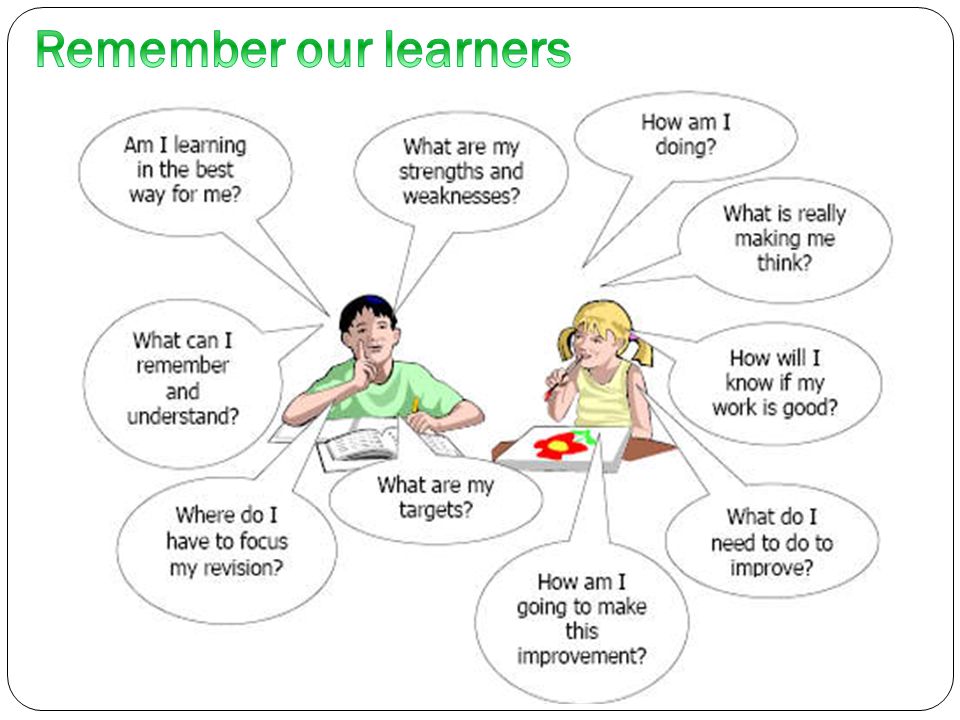
Listen Now
Learn How to Speak Your Strong-Willed Child's Language
In this free 6-part video series, Cynthia Tobias, author of many popular parenting books including You Can’t Make Me, explains why your strong-willed child thinks in certain ways and gives you effective tools you can use when communicating with him or her. Start today!
Get Your Free Video Series
High Water Book Series
Far beyond boring Christian fiction, these books will thrill, entertain, and inspire your teen to grow in their walk with Jesus. Join Parker Buckman as he navigates mystery, adventure, and suspense in the High Water series! Perfect for teen boys and girls!
Revitalizing Secrets of a Healthy Marriage
Did you know the Hebrew root word for "marriage" is the same as "mess"? Okay, maybe not, but it wasn’t a stretch to believe, right? Crazy Little Thing Called Marriage is the podcast for Christian married couples who are in the middle of a messy moment. They need to laugh. They need clear practical advice. And they need to hear from someone with an actual degree in this thing. Dr. Greg and Erin Smalley are those people. They have reached countless couples through their counseling practices, books, events, and work at Focus on the Family.
They need to laugh. They need clear practical advice. And they need to hear from someone with an actual degree in this thing. Dr. Greg and Erin Smalley are those people. They have reached countless couples through their counseling practices, books, events, and work at Focus on the Family.
Like, Follow, and Listen
Get Equipped With the Truth So
You Can Bring Light to the Lies
Abortion is not an easy subject to talk about. You want to defend the truth, to expose the realities so easily confused during these times. Yet, it is so easy to tense up, to get nervous, to get so concerned with wanting to say the “right thing” that you end up saying nothing at all. If you feel at a loss when these conversations come up, this video series, “8 Lies About Abortion,” can help equip you with the truth, and the confidence to engage in the discussion.
Start Your FREE Video Series
Journey with Jesus!
This holiday season, take a journey to Galilee and discover what it was like to walk with Jesus! Get your copy for today for FREE with a donation of any amount!
Get Your Copy!
Next Steps: Marriage Assessment
We want your marriage to be thriving and healthy.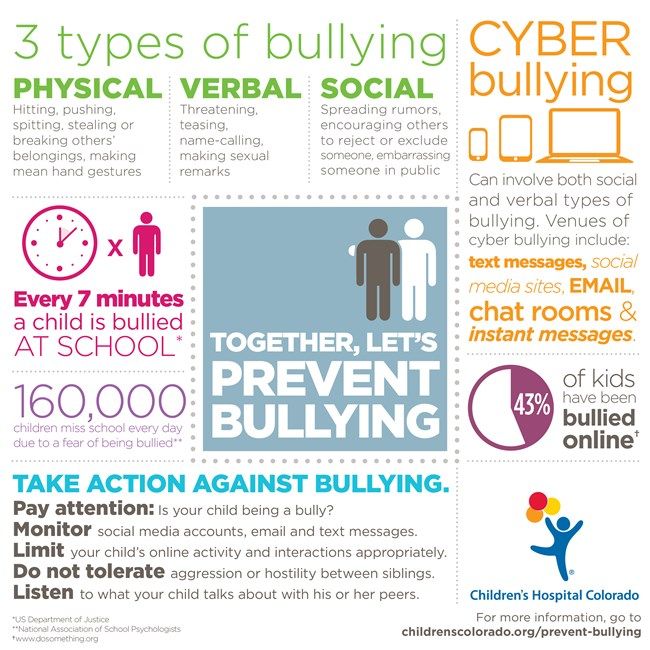 Take the free Marriage Assessment from Focus on the Family to learn how to strengthen your bond with your spouse and get the tools to help you need to grow closer together.
Take the free Marriage Assessment from Focus on the Family to learn how to strengthen your bond with your spouse and get the tools to help you need to grow closer together.
Next Steps: Fruit of the Spirit Devotionals for Couples
The Fruit of the Spirit Devotional is a free series of nine short videos to get you into God’s Word and inspire you to seek the Holy Spirit’s help in loving your spouse.
SHARE:
About the Author
John Trent
Dr. John Trent is the president of Strong Families, an organization committed to strengthening family relationships. He is also a conference speaker and an award-winning, best-selling author whose recent books include Breaking the Cycle of Divorce, Heartshift and Leading from Your Strengths. Dr. Trent holds a Master of Theology degree from Dallas Theological Seminary, and a Ph.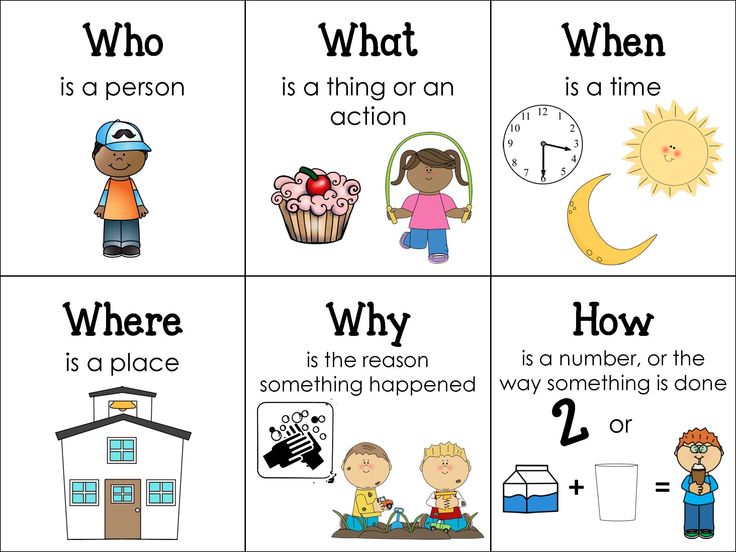 D. in Marriage and Family Counseling from North Central Texas Federation of Colleges and Universities. He and his wife, Cindy, have two daughters. Learn more about Dr. Trent by visiting www.strongfamilies.com, and check out his recently revised book The Language of Love by visiting encouragingwords.com.
D. in Marriage and Family Counseling from North Central Texas Federation of Colleges and Universities. He and his wife, Cindy, have two daughters. Learn more about Dr. Trent by visiting www.strongfamilies.com, and check out his recently revised book The Language of Love by visiting encouragingwords.com.
More by John Trent
Read More About:
You May Also Like
Biblical Marriage
Marriage and Money: What’s Love Got to Do With It?
Having open and honest communication around money management, you and your partner can share personal goals and concerns, understand each other’s financial habits, establish alignment, and agree upon a shared vision.
April 10, 2023
Apologetics
How to Teach Your Kids Patience
Help your kids understand the importance of patience through these age-appropriate activities.
March 23, 2023
Biblical Principles
Sex Education For Kids Ages 9-12
Sex education can be intimidating. Yet, God created sex. Find more ways to teach healthy sexuality to your children.
Yet, God created sex. Find more ways to teach healthy sexuality to your children.
January 12, 2023
Has Focus on the Family helped you or your family? Share your story here and inspire others today!
- 1-800-A-FAMILY (232-6459)
- [email protected]
- 8605 Explorer Drive Colorado Springs, CO 80920-1051
Shows & Podcasts
Donate
Sign Up for Our E-Newsletters
- Get our updates straight to your inbox.
Copyright © 2023 Focus on the Family
Facebook-f Twitter Youtube Instagram Pinterest Linkedin
A cold in a child: how to treat it correctly
Many parents are ready for the fact that babies will catch common, including seasonal infections, which is typical for childhood. Some parents study the methods of treating ARVI and colds in advance, read about it from experienced mothers in blogs and diaries, consult with doctors they know, and watch medical programs. But even despite the fact that the child's body from birth has a powerful immune system, this protection is imperfect. Therefore, no matter how informed the mother is, when the child becomes ill, she has a lot of questions that require qualified answers.
Some parents study the methods of treating ARVI and colds in advance, read about it from experienced mothers in blogs and diaries, consult with doctors they know, and watch medical programs. But even despite the fact that the child's body from birth has a powerful immune system, this protection is imperfect. Therefore, no matter how informed the mother is, when the child becomes ill, she has a lot of questions that require qualified answers.
What is ARI and SARS
Most often, children are faced with acute respiratory diseases, abbreviated as acute respiratory infections or colds. This is especially evident when visiting children's groups, where they come into contact with other kids, and actually exchange various pathogens. The mothers of "kindergarten" children are very familiar with the phrase: "We go for 2 days, then 2 weeks - on sick leave."
A cold can be both viral and bacterial, even fungal and of a different nature, in 70-80% of cases it is of a viral nature. It is impossible to establish the origin of a cold with accuracy on a pediatric examination, as well as “by eye” to distinguish one infection from another. However, there are certain signs that indicate the action of viruses, harmful bacteria and other pathogens. For example, nasal mucus is indicative of an acute respiratory viral infection, which usually begins with mild malaise, decreased appetite, moodiness, and sleep disturbance in a child. This is a prodromal period, it lasts from several hours to 1-2 days. And such a viral infection as the flu begins acutely, immediately with a very high temperature, intoxication, there is almost no prodromal period, dry cough appears in the late stages of the disease. Often SARS passes with catarrhal symptoms: nasal congestion, change in tone of voice, "circles", "blue" under the eyes, runny nose, discharge from the nose, cough, sore throat and swallowing.
It is impossible to establish the origin of a cold with accuracy on a pediatric examination, as well as “by eye” to distinguish one infection from another. However, there are certain signs that indicate the action of viruses, harmful bacteria and other pathogens. For example, nasal mucus is indicative of an acute respiratory viral infection, which usually begins with mild malaise, decreased appetite, moodiness, and sleep disturbance in a child. This is a prodromal period, it lasts from several hours to 1-2 days. And such a viral infection as the flu begins acutely, immediately with a very high temperature, intoxication, there is almost no prodromal period, dry cough appears in the late stages of the disease. Often SARS passes with catarrhal symptoms: nasal congestion, change in tone of voice, "circles", "blue" under the eyes, runny nose, discharge from the nose, cough, sore throat and swallowing.
What to do?
First of all, you need to remember that parents should not panic if the child has a fever and other unpleasant symptoms of a cold. Any mood of the mother is transmitted to the baby. A cold with a competent approach is simply MUST pass in 5-7 days without complications. And it is important to know that the treatment of a cold is complex, which includes the main drugs - antiviral, antibacterial, etc., as well as symptomatic therapy. You should not rely on just one medicine as a panacea, a magic pill from advertising or the advice of a pharmacy worker.
Any mood of the mother is transmitted to the baby. A cold with a competent approach is simply MUST pass in 5-7 days without complications. And it is important to know that the treatment of a cold is complex, which includes the main drugs - antiviral, antibacterial, etc., as well as symptomatic therapy. You should not rely on just one medicine as a panacea, a magic pill from advertising or the advice of a pharmacy worker.
How to treat?
Antivirals. There is a lot of misinformation about antivirals now. They are credited with mythical side effects and actions. If this comes from a doctor, then he must provide data confirming his point of view in official sources, which are state medical institutions, major scientific journals.
Antibiotics. As for antibiotics, their use is currently limited by very clear indications, contraindications, age of the patient, etc. In addition, antibiotics, especially with uncontrolled, frequent use, contribute to the formation of new strains of harmful bacteria that are difficult to treat.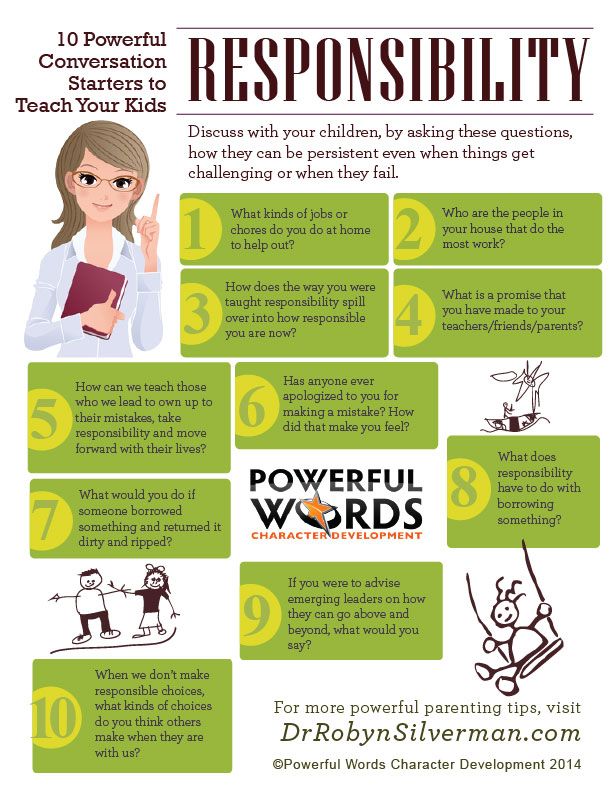 Usually, against the background of antibiotic treatment, it is customary to prescribe biological products - live microbes that make up the human intestinal microflora. But there is an opinion that the antibiotic has a detrimental effect on these bacteria, and such therapy does not bring the desired result.
Usually, against the background of antibiotic treatment, it is customary to prescribe biological products - live microbes that make up the human intestinal microflora. But there is an opinion that the antibiotic has a detrimental effect on these bacteria, and such therapy does not bring the desired result.
Auxiliaries . In the treatment of colds of any origin, symptomatic therapy is used, the action of which is directed against the symptoms of the disease. They are called auxiliary, as they help to alleviate the course of a cold. They do not get rid of the cause of ARVI, but the child's own antibodies work against viruses.
How to treat a runny nose? In case of a runny nose, a nasal toilet with saline solutions is performed. The procedure is simple, but requires certain skills and care. To do this, you should seat the child with his back to him, first clean his nose. In babies, this can be done with cotton buds (in children under six months old, only with ordinary cotton turundas), and at an older age, children can already blow their nose.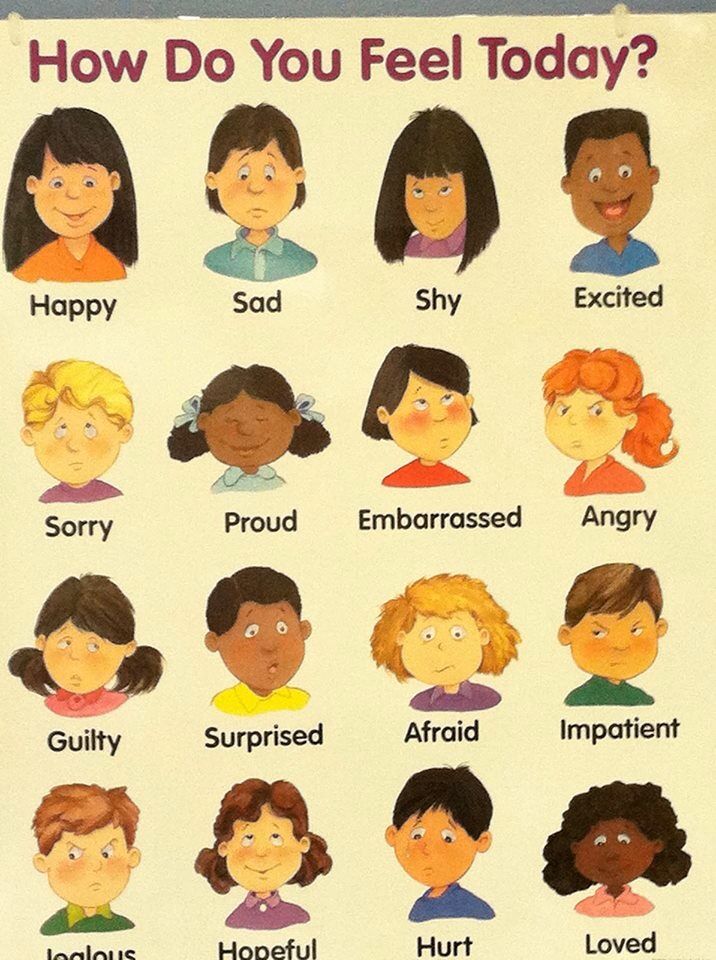 After that, you need to raise the chin, holding the child's face with his palm in a raised position. Using a pipette, drip saline solution into both nasal passages, lower the child's head forward. Part of the medicine may spill out of the nose, but the result of such a procedure will still be achieved. If there are no special recommendations from the pediatrician of the sick child, you can use a pipette and normal saline. But preferably a sterile solution based on sea water. It is a delusion to think that washing a child's nose will be addictive or the snot will flow out on its own. Part, of course, can leak out, but if you do not clean your nose, there is a high risk of infection spreading to the lower respiratory tract, the development of complications such as inflammation of the trachea, bronchi, and lungs.
After that, you need to raise the chin, holding the child's face with his palm in a raised position. Using a pipette, drip saline solution into both nasal passages, lower the child's head forward. Part of the medicine may spill out of the nose, but the result of such a procedure will still be achieved. If there are no special recommendations from the pediatrician of the sick child, you can use a pipette and normal saline. But preferably a sterile solution based on sea water. It is a delusion to think that washing a child's nose will be addictive or the snot will flow out on its own. Part, of course, can leak out, but if you do not clean your nose, there is a high risk of infection spreading to the lower respiratory tract, the development of complications such as inflammation of the trachea, bronchi, and lungs.
If the runny nose is profuse, watery, painful, accompanied by nasal congestion, vasoconstrictor drugs (based on oxymetazoline, xylometazoline) are used in the form of drops at bedtime, before walking with the child.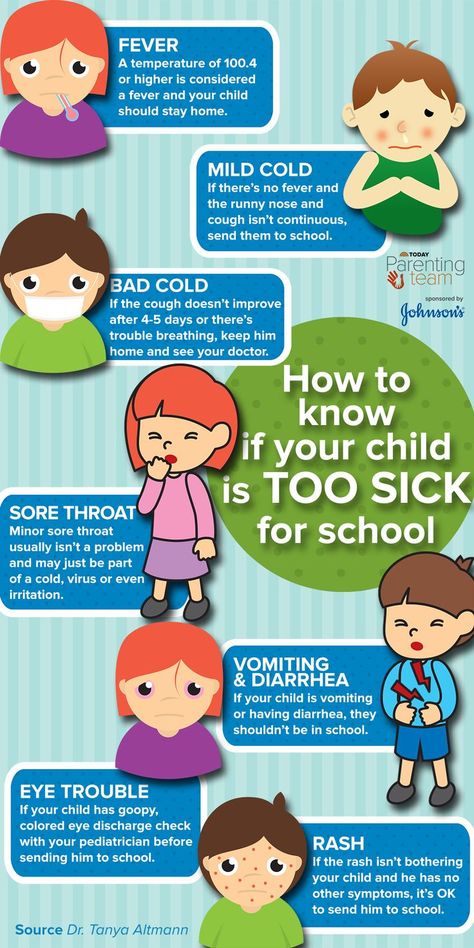 This helps the baby to have a good rest in a dream without waking up, and on a walk it is normal to breathe through the nose without taking cold air into the mouth. It should not be instilled into the nose of a child in a supine state, since there is a high probability of a change in pressure during such manipulation and there is a risk of otitis media. All instillations must be done while sitting. The use of special preparations in the form of soft (spray with limited jet pressure) should be carried out with great care, since there is also a risk of promoting the spread of infection under pressure.
This helps the baby to have a good rest in a dream without waking up, and on a walk it is normal to breathe through the nose without taking cold air into the mouth. It should not be instilled into the nose of a child in a supine state, since there is a high probability of a change in pressure during such manipulation and there is a risk of otitis media. All instillations must be done while sitting. The use of special preparations in the form of soft (spray with limited jet pressure) should be carried out with great care, since there is also a risk of promoting the spread of infection under pressure.
Antipyretics . Often there are questions about the use of antipyretics, for children - these are drugs based on paracetamol or ibuprofen, for babies - in syrup, suppositories. It should be noted that if there are no special recommendations in this regard, it is necessary to reduce the temperature above 38.3 - 38.5 ° С. If the child feels well, plays, has an appetite, and, in general, tolerates temperature well, antipyretic drugs can not be used.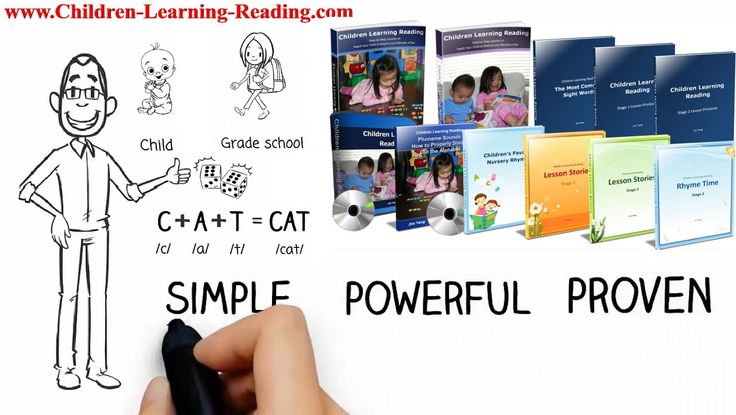 If the parents see that the child's condition is bad, he refuses to eat and drink, becomes lethargic, vomiting occurs, headache, the temperature rises further, you can start giving antipyretics even at a low temperature.
If the parents see that the child's condition is bad, he refuses to eat and drink, becomes lethargic, vomiting occurs, headache, the temperature rises further, you can start giving antipyretics even at a low temperature.
How to treat a cough? Questions about cough are the most frequent and sometimes the most difficult at pediatric appointments for SARS. It is best if the doctor dynamically observes the coughing child. In this case, the specialist can distinguish changes in the tone of the voice, a barking component, a dry or wet cough, wheezing, localization of wheezing. If the pediatrician recommends taking an x-ray, you should not refuse such an examination, this will help to make the correct diagnosis and prescribe adequate treatment. Currently, in the treatment of cough, inhalation drugs are widely used - through a special device - an inhaler. This tactic reduces the systemic effect of the drug on the child's body, where the drug reaches the point of its application - large and medium bronchi, and even alveoli.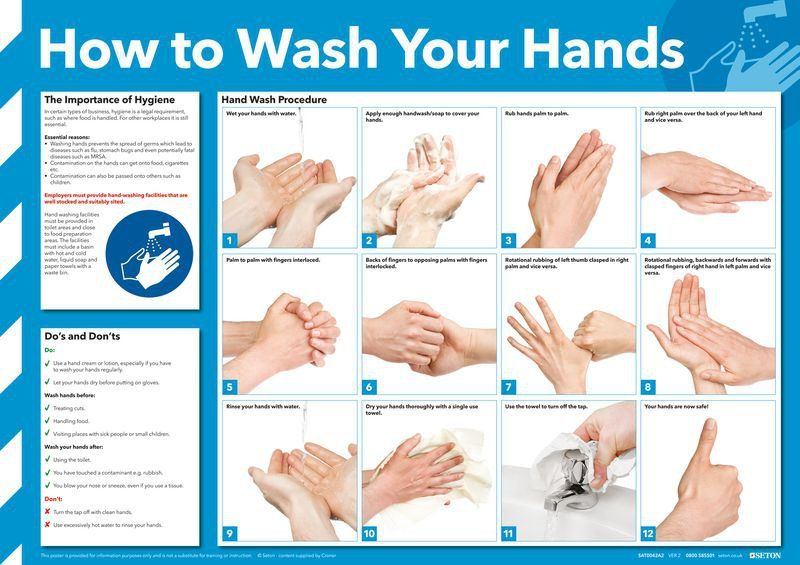 Inhalers can be used from the very birth of a child, but it is necessary to pay attention to the type of device, the medicinal substances recommended for it, their dosages and the frequency of use.
Inhalers can be used from the very birth of a child, but it is necessary to pay attention to the type of device, the medicinal substances recommended for it, their dosages and the frequency of use.
Activities before the doctor arrives
Sometimes, especially during the season of high incidence of flu and colds, there are difficulties with a doctor's visit, you have to wait for an appointment, the doctor does not have time to come as quickly as parents would like. There are steps that can be taken before the arrival of a specialist. It is necessary to measure the temperature of the child and write down the data on the thermometry performed in a diary, which is then shown to the doctor. If the temperature is high, do not wrap or even dress the child warmly. At home, you can generally strip to your underwear. Disposable diapers are also recommended to be removed from babies. Do not forget about physical methods of cooling - you can wipe it with cool water, you can put a cloth moistened with water on the head, stomach, places of the main vessels. A sick child should be given plenty of fractional water, even if he refuses to drink, it is necessary to constantly offer from a teaspoon, moisten his lips.
A sick child should be given plenty of fractional water, even if he refuses to drink, it is necessary to constantly offer from a teaspoon, moisten his lips.
There are no children who do not get sick. Everyone gets sick, only some often, while others not so much. The main thing to remember is that any medicines should be prescribed by a doctor at an internal appointment, after examination.
How to properly treat wounds and abrasions of a child "Persona Childhood"
All small children are fidgety, they always want to run, jump and play pranks. But sometimes the games end in frustration in the form of various kinds of injuries; such as abrasions or cuts.
In this article, we will look at how to distinguish an abrasion from a cut, and what assistance should be provided.
It should be noted that a wound is a generalized term for all mechanical damage that is accompanied by damage to the skin and mucous membranes, and is characterized by pain, bleeding and gaping.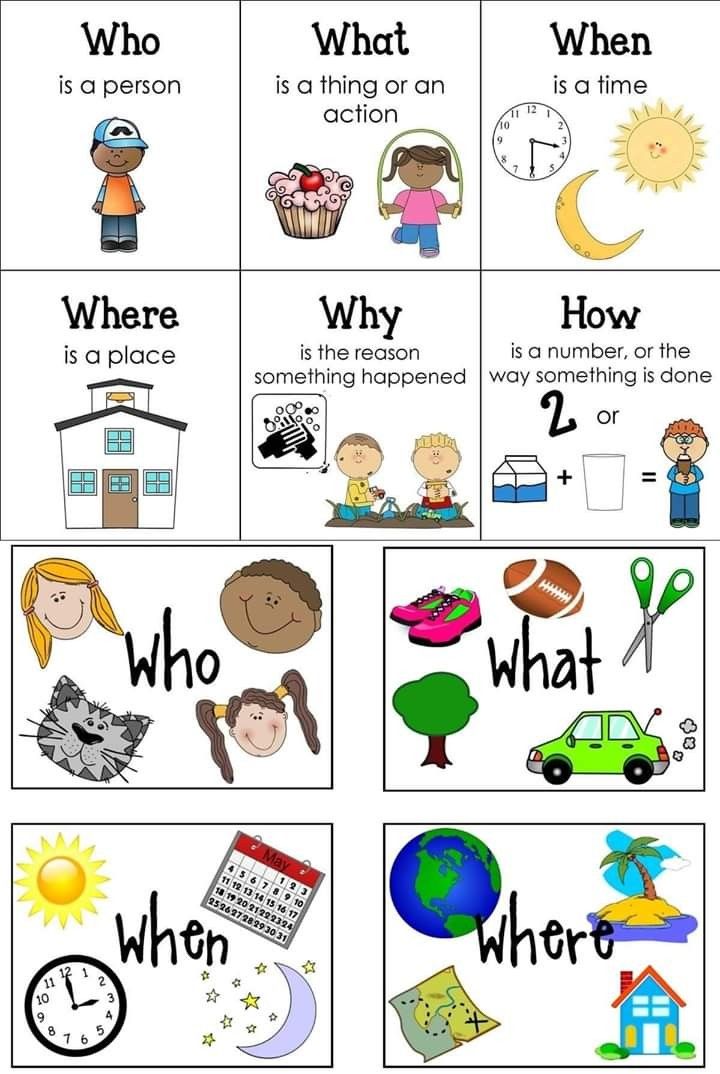
The simplest example of a wound is an abrasion and a cut.
Abrasion is a mechanical superficial injury with a blunt object to a section of the skin. Superficial damage to the skin, when only the upper layers of the skin are damaged, is called excoriation (from Latin excorio - “to peel off the skin”). Most often, excoriations occur with minor mechanical damage.
In most cases, abrasions are accompanied by slight bleeding, dirt and other foreign bodies getting into the wound.
Cut is a common name for a not deep and not a large incised wound: damage to the skin and (sometimes) subcutaneous tissue resulting from exposure to a sharp object (sharp stone, piece of glass, nail and other dangerous objects). Cuts are superficial and deep.
Before proceeding with first aid, it is necessary to assess whether the injury is dangerous and whether specialist assistance is required.
No medical attention required if wound:
- Less than 2 centimeters long.
- Affects only the top layer of skin and subcutaneous tissue.
- Has smooth edges.
- Accompanied by minimal bleeding.
!!! Seek immediate medical attention if:
- Scarlet blood flows from the wound.
- The edges of the wound are uneven.
- Eyes, mouth, nose damaged.
After you have assessed the damage received by the baby, you can start treating the wound:
- We wash the wound. While the blood is flowing, most microbes will leave the damaged area on their own. With a dry cotton swab or paper towel, we remove particles of dirt from the abrasion. Move carefully from the center of the wound to its edges. Make sure all dirt is removed. Then rinse the wound with warm water and pour hydrogen peroxide over it. This will disinfect the wound and help stop the bleeding. Some experts advise diluting the peroxide with water so as not to burn the healthy skin around the wound.
- Stop bleeding. After treating the cut with peroxide, apply a dry gauze bandage for 10 minutes. Try not to overtighten the injured area (except in cases of severe and prolonged bleeding).
- After the bleeding has stopped, the dressing can be removed and an antiseptic applied.
- A. Brilliant green solution . It is used from infancy to heal the umbilical wound. Zelenka perfectly fights pathogenic microbes, dries up abrasions and promotes its faster healing.
- B. Iodine - 5% solution is recommended for children. More allergenic, moreover, causes burning and itching. Not recommended for children. Iodine cannot be poured into the wound itself, the skin around the abrasion or cut is treated.
- C. Weak solution of potassium permanganate - has a disinfecting and wound healing effect.
- D. Levomekol - Excellent wound healing ointment. Suitable also for the smallest children.

